
If we heed the lessons of our dreams, we will no longer be dominated by the mundane events of the day. We will regain the wholeness that is our birthright.

The story of Watkins Publishing dates back to March 1893, when John M. Watkins, a scholar of esotericism, overheard his friend and teacher Madame Blavatsky lamenting the fact that there was nowhere in London to buy books on mysticism, occultism or metaphysics. At that moment Watkins was born, soon to become the home of many of the leading lights of spiritual literature, including Carl Jung, Rudolf Steiner, Alice Bailey and Chgyam Trungpa.
Today our passion for vigorous questioning is still resolute. With over 350 titles on our list, Watkins Publishing reflects the development of spiritual thinking and new science over the past 120 years. We remain at the cutting edge, committed to publishing books that change lives.
DISCOVER MORE ...
 |  |  |
| Read our blog | Watch and listen to our authors in action | Sign up to our mailing list |
JOIN IN THE CONVERSATION
 WatkinsPublishing
WatkinsPublishing
 @watkinswisdom
@watkinswisdom
 WatkinsPublishingLtd
WatkinsPublishingLtd
 +watkinspublishing1893
+watkinspublishing1893
Our books celebrate conscious, passionate, wise and happy living. Be part of the community by visiting
www.watkinspublishing.com
contents
introducing the dream world
A dream is a theatre in which the dreamer himself is the scene, the player, the prompter, the producer, the author, the public and the critic.
CARL JUNG
W hy should we teach ourselves to dream? Why attach any importance to the apparently random jumble of memories and fantasies that make up our dreams? The answer is that, although we dream every night, we often fail to grasp the unique importance of our nightly experiences. Dreams are our chance to eavesdrop on a conversation between our unconscious and conscious minds, offering us opportunities to understand ourselves better and achieve greater inner harmony.
In the pages that follow, you will find a wide range of tried and tested techniques to reach these goals. We can learn how to reveal the special personal meanings of our dreams, and how to make them more vivid. We can ask our unconscious to help us solve practical problems and to show us a way forward in times of personal difficulty, and we can even teach ourselves to lucid-dream to take control of our dreams. This book sets out to help you to understand the purpose of dreaming, and to enhance your ability to recall and interpret dreams. It will show that dreams are an integral part of mental life, and show how you can work with them to gain vital self-understanding.
approaching the dream world
A ll through history, people have been fascinated by dreams, and in many ways men and women of the past were more skilled in their use and interpretation than we are now.
The scientific study of dreams is less than 50 years old. It started with the work of American scientists Nathaniel Kleitman and Eugene Aserinsky, who discovered that volunteers who were woken while their brains were exhibiting specific rhythms reported that they had been dreaming. William Dement, a psychologist working at the University of Chicago, was another key figure in the new science of dream studies. He detected links between the content of dreams and the psychological condition of the dreamer, and demonstrated how inadequately most people recall their dreams. We are able to remember about 80 per cent of each dream episode if we are roused immediately after its completion, but this falls to about 30 per cent in the next eight minutes or so, and then rapidly to about five per cent.
Research is now focusing on a wide range of factors associated with dreaming, including the influence of pre-sleep experiences, the creative power of dreams, and even apparent dreaming episodes in babies and animals.
learning from history
D reaming is an intrinsic part of all our lives: it is one of the common strands that unites all human beings, a rich and rewarding example of the gifts that we can encounter if we approach all experiences of the mind without prejudice or scepticism.
In ancient times, it was widely believed that dreams had the power to solve problems, enhance fertility, bring hunters prowess and make warriors bold and skilful. Dreams could also predict the future, heal sickness and bring spiritual revelation. Our forebears constantly sought to incubate dreams that would bring such blessings. To this end, they slept in sacred or lonely places (in temples or in the wilderness) and followed distinctive rituals to make requests for dreams. These physical and spiritual disciplines made them especially receptive to vivid dreams.
The ancient Greeks knowledge of the potential of dreams, like their knowledge in so many fields, was especially sophisticated. Plato (c.428c.347 BC ) anticipated Freud by more than two thousand years when he explained that dreams were a place where a persons bestial desires run riot, unless the well-governed soul is able to replace baser instincts with reason, in which case dreams equip us to come nearer to grasping the truth than at any other time. Aristotle (384322 BC ) said that the insights available from dreams were like objects reflected in water: when the water is calm, the forms are easy to see; when the water is agitated (that is, when the mind is emotionally disturbed), the reflections become distorted and meaningless. The more the mind can be stilled before sleep, said Aristotle, the more the dreamer can learn.
The practice of sleeping at holy places to bring on particular types of dreams was common in Greece and throughout pagan Europe. Perhaps surprisingly, early Christians followed the same procedure, sleeping at shrines of saints or martyrs who could send out dreams that had the power to heal or bring peace.
In the Far East, too, there were temples for dreamers. For example, in 14th-century China, each city was watched over by its own god. When visiting a city, government officials had to spend their first night in the temple, waiting for instructions from the god. Judges also slept in the temple to receive guidance, first purifying themselves by fasting and ritual bathing, then burning a written petition before the altar to inform the god of all the relevant legal arguments.
The idea that dreams could supply missing links, helping us to solve problems and make decisions, has not been confined to ancient cultures. Even Ren Descartes (15961650), the French philosopher who is considered one of the founders of modern science, believed in priming the mind to incubate meaningful dreams. Descartes said that several of his major theories came to him in dreams, and in his philosophy he struggled to find a clear distinction between dreaming and waking experience, concluding that even if I were asleep, everything that appears evident to my mind is absolutely true.
Next page
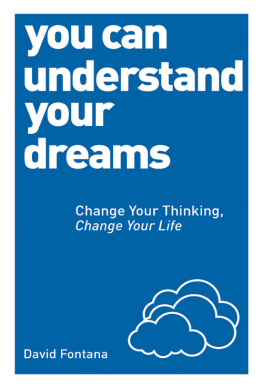
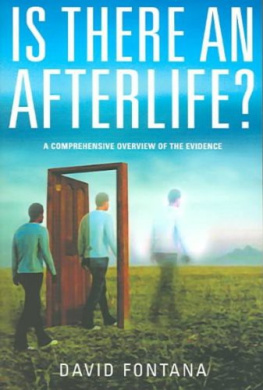
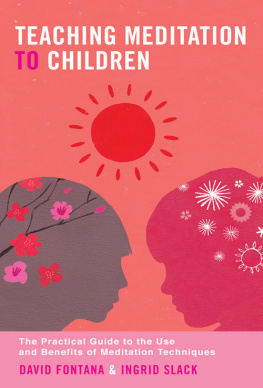
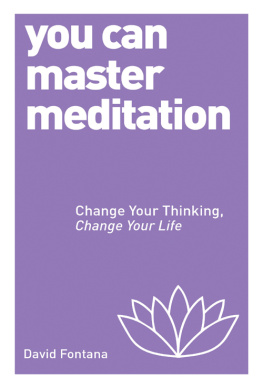
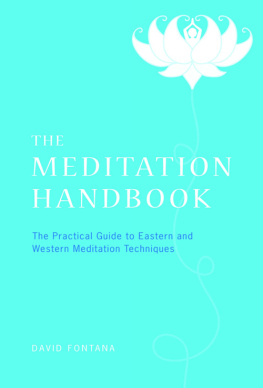
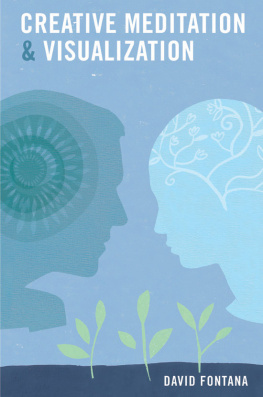


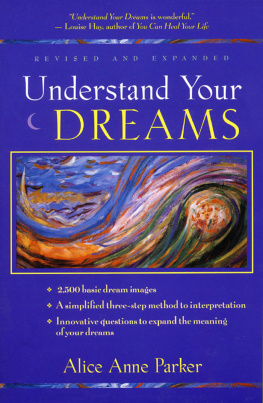









 WatkinsPublishing
WatkinsPublishing @watkinswisdom
@watkinswisdom WatkinsPublishingLtd
WatkinsPublishingLtd +watkinspublishing1893
+watkinspublishing1893